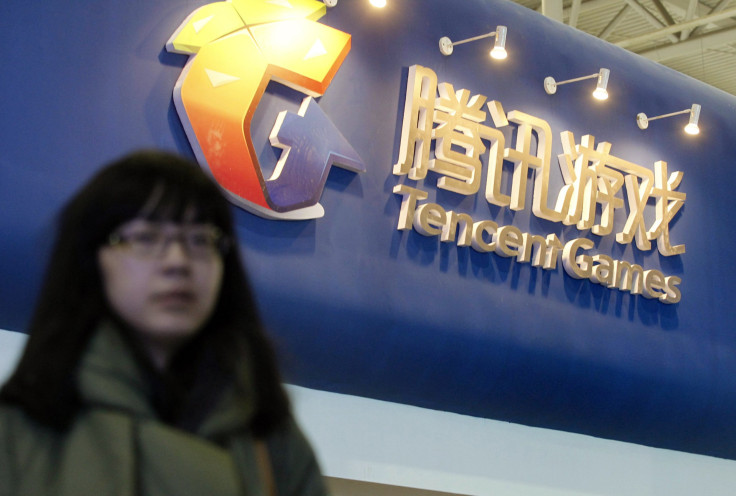Tencent Holdings Ltd (0700) Aligns With E-Commerce Giant JD.com To Face Off With Alibaba

Chinese Internet and social media giant Tencent Holdings Ltd (HKG:0700) has bought a 15 percent stake in the e-commerce firm JD.com in an effort to compete against their common competitor, Jack Ma’s powerful Alibaba Group Holding Ltd.
Tencent operates QQ, China’s most popular online messaging system, and WeChat, China’s most popular mobile messaging platform, while JD.com is China’s second-largest e-commerce player by transactions. In addition to the $215 million it paid for the 15 percent stake in JD.com, Tencent also gave two of its e-commerce holdings to JD.com and promised to promote JD.com/s services to WeChat’s 270 million monthly active users, the Wall Street Journal reported on Monday.
China’s Internet industry has consolidated in recent years as giants like Tencent acquired or invested in smaller companies. In the first half of 2013, spending on domestic Internet mergers and acquisitions grew from $7.4 billion from a year earlier to $12.7 billion, a 73 percent increase. A partnership the size of the Tencent-JD agreement points to the continuing maturation of the Chinese Internet market, a trend that is likely to continue.
"In the past the Internet giants and top-tier targets have been seeing each other almost on a quarterly basis and it was an ongoing dialogue that never really stopped," said Ran Wang, chief executive of China E-Capital Corp., a boutique investment bank which advises on Internet mergers and investments, according to the Wall Street Journal. "Right now, though, the atmosphere has become a lot more intense, and the dialogues are getting more active."
The alliance also places Tencent and JD.com squarely against Alibaba which remains the country’s largest e-commerce player with its vast portfolio including online retailing sites like Tmall.com and Taobao.com, in the domestic Internet market where competition will continue to heat up.
"If you have a good target for Alibaba, you can almost safely assume it's of value to Tencent,” Wang said. “In order to defend themselves, Internet companies have to make sure they launch a major offensive onto their competitors' territory.”
Like Tencent, Alibaba has been strategically strengthening its weaker areas, which is in social media and mobile sectors where Tencent has more advantage. In 2013, Alibaba purchased an 18 percent stake in SINA Corp’s (NASDAQ:SINA) Weibo, China’s most popular microblogging platform, and began running ads for Alibaba’s e-commerce services.
JD.com is currently preparing for a $1.5 billion IPO in the U.S., and under the new partnership, Tencent is entitled to take another 5 percent stake in JD.com, according to the Wall Street Journal.
© Copyright IBTimes 2025. All rights reserved.




















